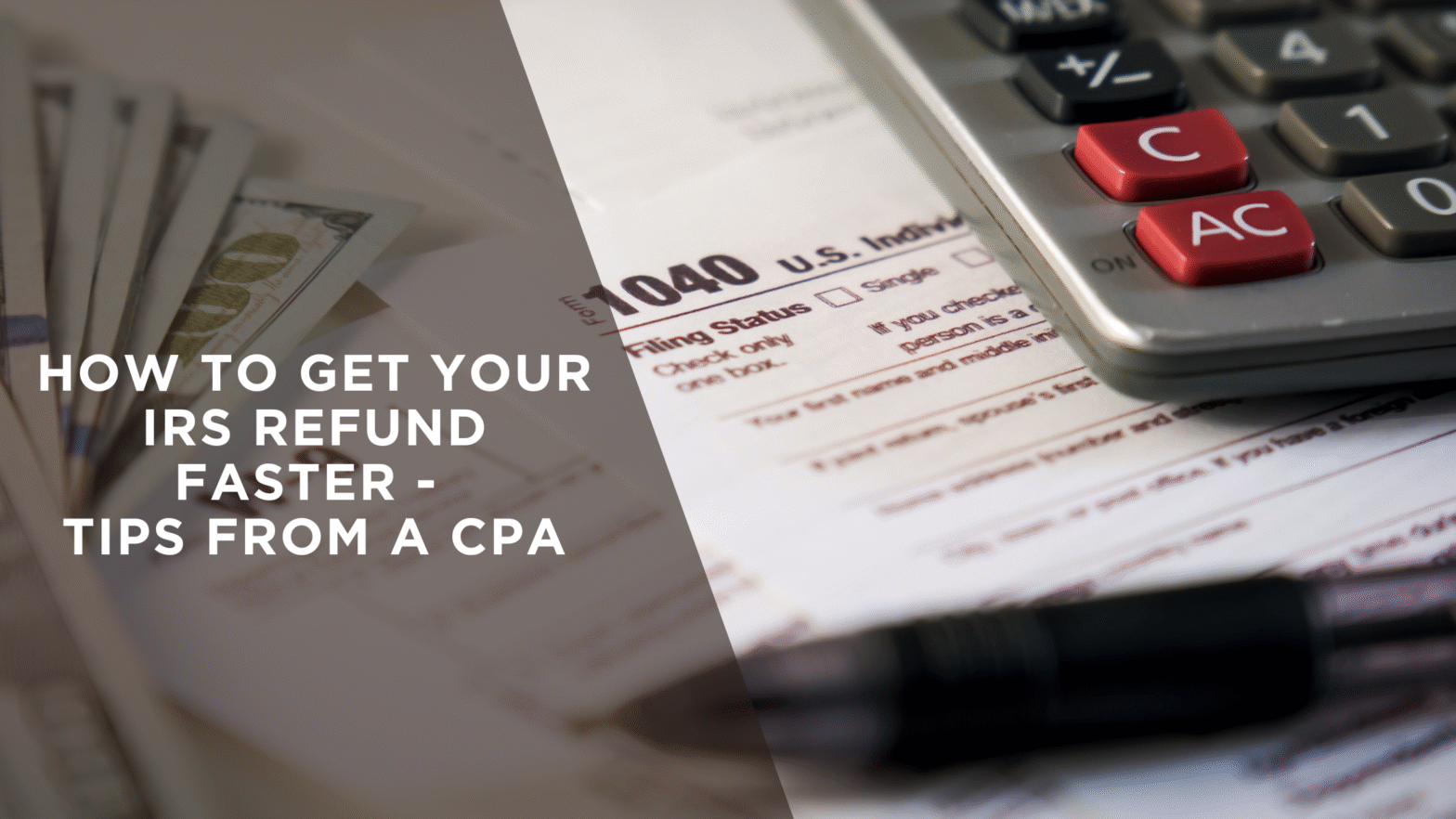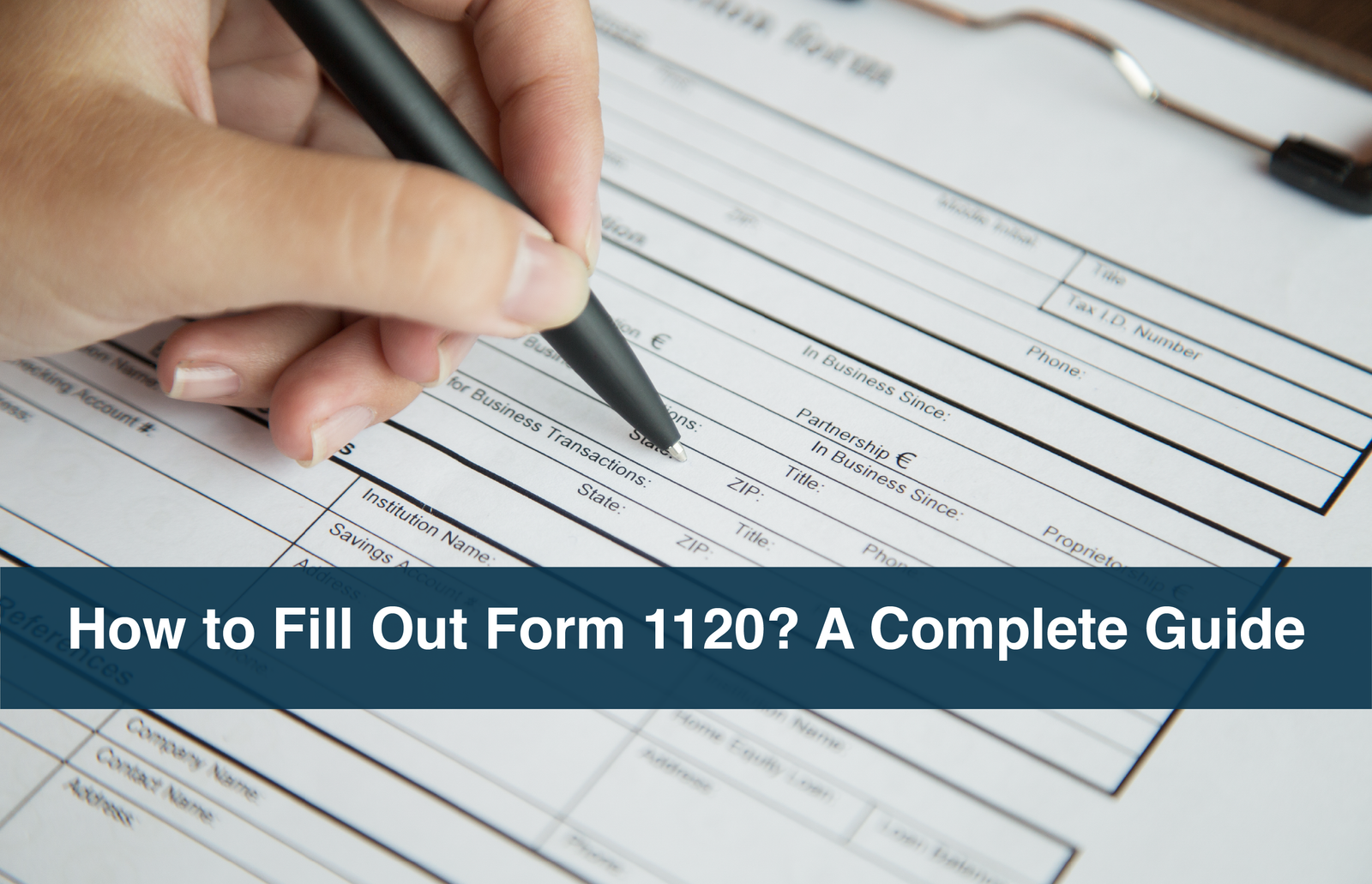Are you a proud entrepreneur running a home-based business? If so, you’ll be glad to know that there are numerous tax deductions available to help you maximize your savings. As a savvy business owner, understanding and leveraging these deductions can significantly reduce your tax liability while keeping more money in your pocket. In this article, we will explore the top tax deductions you should be aware of and how they can benefit your home-based business.
The Benefits of Home-Based Business Tax Deductions
Operating a business from the comfort of your own home comes with a multitude of advantages. One significant benefit is the opportunity to take advantage of various tax deductions. By claiming legitimate business expenses, you can lower your taxable income and potentially reduce the amount of taxes you owe.
Office Space and Equipment
If you have a dedicated space in your home used solely for business purposes, you may be eligible to claim a home office deduction. This deduction allows you to deduct a portion of your rent or mortgage interest, property taxes, utilities, and even home repairs and maintenance expenses that relate to your office space. Additionally, you can include expenses for office equipment such as computers, printers, and furniture.
Utilities and Maintenance
In addition to deducting a portion of your overall utility bills, you can also claim expenses related to the maintenance and repair of your home. This includes costs for electricity, heating, cooling, water, and even security systems. Keep accurate records and calculate the percentage of your utility bills used for your business.
Internet and Communication Expenses
Given the reliance on technology in today’s business landscape, it’s crucial to have a reliable internet connection. Thankfully, you can deduct a portion of your internet expenses based on the percentage used for business purposes. Similarly, expenses related to phone services, mobile plans, and other communication tools can also be included.
Homeowner’s Insurance
If you have homeowner’s insurance, a portion of the premium can be deductible if it covers your home office. Be sure to consult with a tax professional to determine the eligible percentage and keep detailed records of your expenses.
Travel and Transportation
As a home-based business owner, you may occasionally need to travel for work-related purposes. Whether it’s attending conferences, meeting clients, or visiting suppliers, you can deduct travel expenses such as airfare, accommodation, meals, and transportation. However, it’s important to note that these expenses must be directly related to your business activities.
Marketing and Advertising
Promoting your home-based business is essential for growth and success. The good news is that marketing and advertising expenses are tax-deductible. This includes costs associated with creating a website, advertising on social media platforms, printing business cards, and running online ad campaigns.
Professional Services and Subscriptions
Do you enlist the help of professionals such as accountants, lawyers, or consultants for your business? The fees you pay for these services can be deducted. Additionally, subscriptions to industry-specific publications, software tools, or online memberships that are directly related to your business operations are also eligible for deductions.
Health Insurance Premiums
For self-employed individuals, health insurance premiums can be a significant expense. However, the good news is that you can deduct these premiums as a business expense, reducing your taxable income. Ensure that your health insurance policy is in the name of your business to qualify for this deduction.
Retirement Contributions
Building a secure financial future is important for any business owner, including those who run home-based businesses. By contributing to retirement plans such as a Simplified Employee Pension (SEP) IRA or a solo 401(k), you not only save for the future but also reduce your taxable income in the present.
Education and Training
Investing in your professional development is a wise decision that can benefit both you and your business. Expenses related to workshops, conferences, courses, and other educational programs that enhance your skills and knowledge are generally deductible. Ensure that these expenses are directly related to your business activities.
Depreciation of Assets
If your home-based business requires the use of tangible assets like computers, printers, or specialized equipment, you can deduct a portion of their cost through depreciation. Depreciation allows you to recover the value of these assets over time, reducing your taxable income.
Self-Employment Taxes
As a self-employed individual, you are responsible for paying self-employment taxes, which cover Social Security and Medicare contributions. The good news is that you can deduct the employer portion of these taxes, reducing your overall tax burden.
Recordkeeping and Accounting Software
Efficient recordkeeping is essential for any business, and you can deduct the cost of accounting software or hiring a professional bookkeeper. These expenses ensure accurate financial tracking and make tax preparation much smoother.
Conclusion
Running a home-based business comes with its own set of challenges and rewards. By taking advantage of the various tax deductions available to you, you can significantly reduce your tax liability and keep more money in your pocket. Remember to keep detailed records, consult with a tax professional, and stay informed about any changes to tax laws that may impact your deductions.
FAQs (Frequently Asked Questions)
Can I Claim A Home Office Deduction If I Use A Part Of My Living Room As My Workspace?Yes, you can claim a home office deduction even if your workspace is located in a part of your living room. As long as it is used exclusively for business purposes and meets the criteria set by the IRS, you can deduct a portion of your rent or mortgage interest, utilities, and other related expenses.
Are There Any Restrictions On Deducting Travel Expenses For My Home-Based Business?Travel expenses must be directly related to your business activities to be deductible. This means that the primary purpose of your travel should be for business, such as attending conferences, meeting clients, or conducting research. Personal expenses incurred during the trip are not deductible.
Can I Deduct The Cost Of Meals When Traveling For My Home-Based Business?Yes, you can deduct the cost of meals when traveling for your business. However, there are specific rules and limitations on the percentage of the meal expenses that can be deducted. It’s important to keep detailed records and receipts to support your deductions.
What Records Should I Keep To Support My Home-Based Business Tax Deductions?To support your home-based business tax deductions, it’s crucial to maintain accurate records of your business-related expenses. This includes receipts, invoices, bank statements, and any other documents that show the nature and amount of the expenses incurred. Additionally, keep a log of mileage for business-related travel.
Should I Consult A Tax Professional For Guidance On Home-Based Business Tax Deductions?While it’s possible to navigate home-based business tax deductions on your own, consulting a tax professional can provide valuable insights and ensure that you maximize your deductions while remaining compliant with tax laws. They can provide personalized advice based on your specific business situation.







